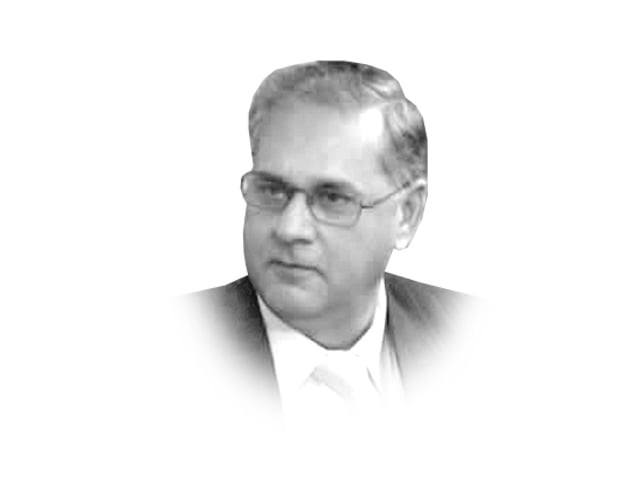Our 1971 debacle
It was during this time that my ‘ideals of Pakistan’ being a ‘citadel of Islam’ were crushed to a cold death.

Our 1971 debacle
Asghar Khan in his book, We Have Learnt Nothing From History aptly remarks, “The verdict of the electorate (1970 elections) was unexpected and baffled not only the political pundits but also the contesting parties…The Bengalis had been known for their massive support to a single political organisation, once they believed it deserved their confidence…Amongst the provinces that later formed a part of Pakistan their contribution to the battle of the ballot was most valuable and their sense of patriotism probably the most developed”. So how was it, that the most patriotic segment of the country decided to revolt and secede?
Refusal to accept the results of the 1970 elections by the political parties of the western wing, who had the tacit support of the power-drunk generals, paved the way for the long-simmering hatred to surface with full might and venom. The military struck with all its might in March 1971, not realising that no army in history had ever won against its own people.
On December 17, I remember watching the six o’ clock English news on PTV, whereupon the fall of Dhaka — the humiliating spectacle of a ceremony of surrender at the Dhaka Race Course Ground — was shown to an aghast, shocked and miserably demoralised nation. In recent history, no army general had ever been stripped of his badges, in full public view. And here General ‘Tiger’ Niazi (may Allah bless his soul) who, a day earlier, had said “Dhaka — over my dead body” was signing the instrument of surrender! I cried bitterly, avoiding eye contact with other family members. We were all devastated. East Pakistan had been lost, Jinnah’s dream and effort lay in shambles.
Zulfikar Ali Bhutto, despite his histrionics and dramatic performance at the UN Security Council, seemed like a God-sent messiah to us, when he said: “We will make a new Pakistan”. He lifted our courage and morale for which he deserves full credit. He restored respect to the armed forces by declaring in every speech Pakistan lost a political battle, not a military war.
Sarmila Bose is assistant editor at the widely-read, Anandabazar Patrika, and a niece of Netaji Subhash Chandra Bose. Writing on the 1971 war, she said something that we, today, would do well to heed: “There is much for Pakistan to come to terms with what happened in 1971. But the answers don’t lie in the unthinking vilification of the fighting men who performed so well in the war against such heavy odds, in defence of national policy. Rather, in failing to honour them, the nation dishonours itself”.
Oh! deathly cold December, thou shall always be in mourning.
Published in The Express Tribune, December 16th, 2010.














COMMENTS
Comments are moderated and generally will be posted if they are on-topic and not abusive.
For more information, please see our Comments FAQ